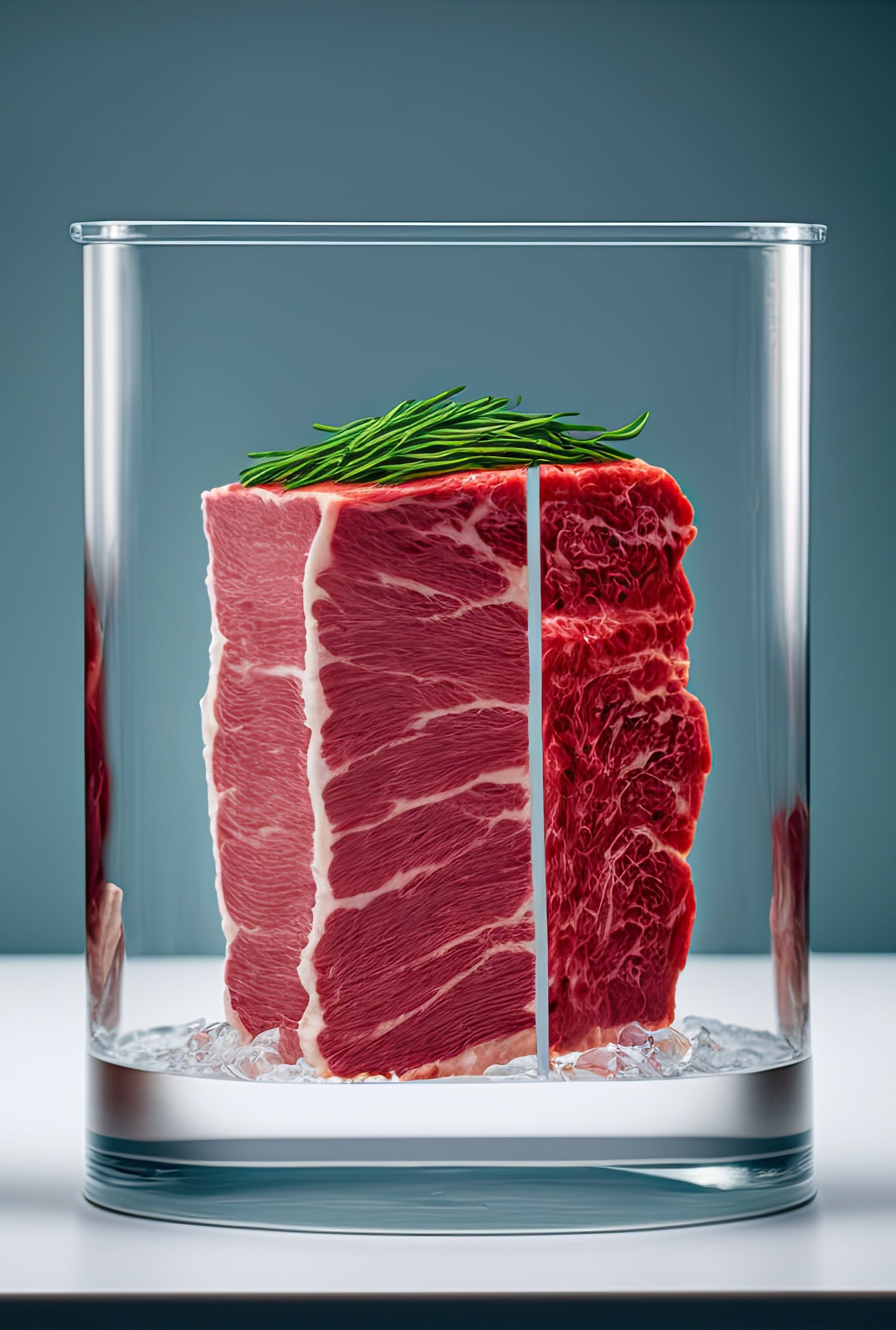Singapore blazes trails in lab-engineered foods
/The tiny city-state of Singapore is becoming an incubator for new food technologies.
In 2019, it announced a “30 by 30” goal of increasing its food security by producing 30% of its nutritional needs locally by 2030 – an ambitious goal for a country that historically has imported about 90% of its food supply.
But achieving that goal through traditional agriculture will be impossible in the sliver of arable land available on the island of Singapore and surrounding islets. That is why the country is investing in novel food technology.
In 2020, Singapore became the first nation in the world to approve the sale of lab-grown meat, in the form of cultured chicken from Eat Just. In 2022, the nation granted regulatory approval for the sale of Solein, a microbial, protein-rich powder produced using a bioprocess where microbes are fed with gases (carbon dioxide, hydrogen, and oxygen) and small amounts of nutrients.
Solein is not an agricultural product. Its production does not require animals or photosynthetic plants. Solar Foods, its Finnish manufacturer, claims Solein is the world’s most sustainable protein. It can be used in pasta, bread, and other food products.
These approvals are the latest advances in Singapore’s journey to nutritional sustainability. The nation has invested in food innovation, creating a $60 million Agri-Food Cluster Transformation to enhance the capability, capacity, and sustainability of agricultural operations; and a $144 million Singapore Food Story R&D program to encourage innovation in food science and development future foods.
This has nurtured several homegrown food technology companies. Turtle Tree Labs produces cell-based milk. Shiok Meats produces cell-based lobster and shrimp. Karana manufactures meat-like foods from jackfruit. Next Gen Foods is producing plant-based chicken under the Tindle brand.
Singapore is achieving success in the sustainable production of food. That is a mission we share. Methuselah Foundation is working with NASA to encourage public collaboration to develop innovative, sustainable food production that can support space travelers.
The partnership will fund a $1 million Deep Space Food Challenge Phase 2, a competition that will reward teams that design, build, and demonstrate prototypes of food production technologies that deliver tangible nutritional products. NASA’s objective is to find ways to nourish deep-space crews that may spend years completing a round-trip mission because existing food storage systems alone cannot provide the nutrition needed to keep astronauts healthy.
We are just as excited about developing food sources that can be used to overcome earth-bound famines to ensure food stability closer to home. Singapore is showing the world that this can be done. We need to catch up.


